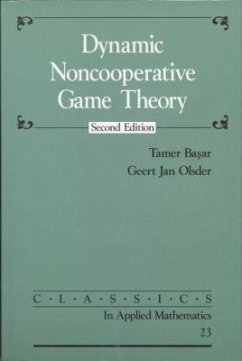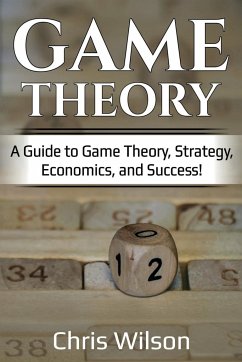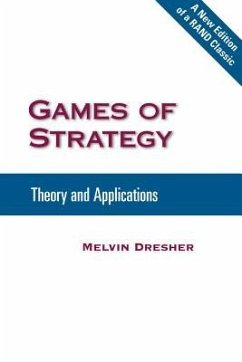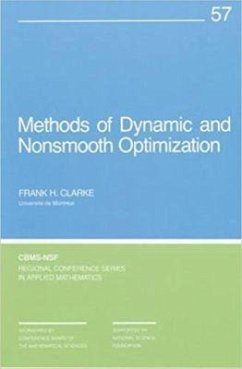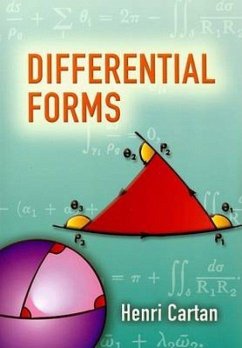
Mathematical Methods of Game and Economic Theory
Versandkostenfrei!
Versandfertig in über 4 Wochen
24,99 €
inkl. MwSt.

PAYBACK Punkte
12 °P sammeln!
This text begins with optimization theory and convex analysis, followed by topics in game theory and mathematical economics, and concluding with an introduction to nonlinear analysis and control theory. 1982 edition.




